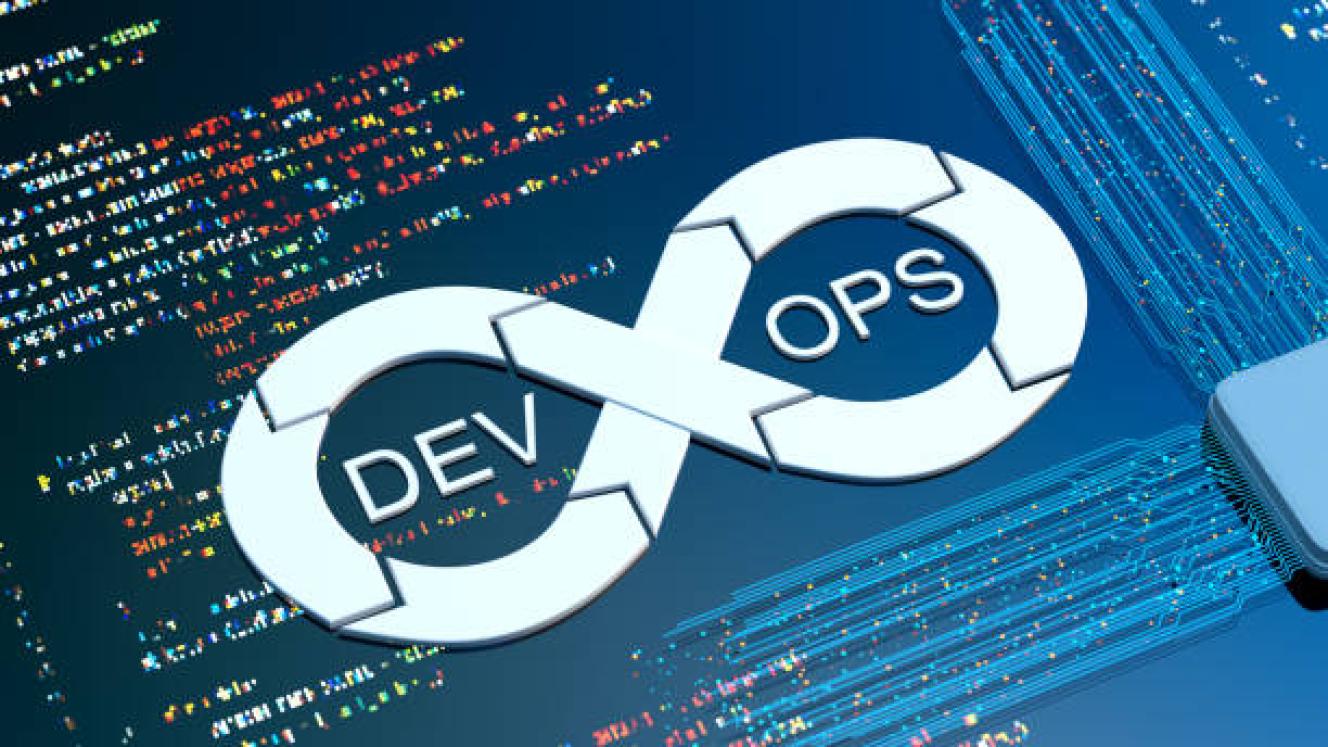By Tim de Lange, Technical Lead at One Linkage and Pragasen Naicker, Chief Operating Officer at One Linkage

DevOps has a key role to play in the acceleration of the Minimum Viable Product (MVP) development process, as it can significantly impact the scalability and maintainability of the product in the long term.
Since the core concept of MVP is to obtain maximum learning and understanding about what customers want from a software product or system – through an incremental development process, DevOps is fast becoming the preferred approach for enterprises involved in MVP development.
DevOps is the intersection of operations and software development, creating a unifying culture that brings these two areas of specialisation together by leveraging the best practices of both operations and development to achieve a common goal. Thus, a DevOps approach to software development ensures that the software development lifecycle is agile, client-focused and quick to deploy changes.

In contrast, traditional software development methods were typically siloed, with a distinct lack of appreciation by the development and operations teams for one another’s challenges and constraints. Often, this would result in an adversarial culture with diverging priorities that would see both teams pulling in different directions and wasting considerable effort and resources in the process.
Bigger, unified team
The DevOps approach calls for a unified team that can help to automate many aspects of MVP development, thus lowering overheads and giving the operations team the opportunity to provide better and timely feedback to the developers. This creates a cohesive and stable environment that enables the entire team to function better.
In essence, DevOps facilitates quicker customer feedback on an MVP by enabling faster product deployments as it centres on an agile methodology that promotes incremental changes. With DevOps good practice and a proper set of development tools, teams have the confidence to build and deploy faster with fewer problems, errors and operational issues. The right DevOps setup also enables operational teams to handle more sweeping changes and greater challenges with fewer people.
While a DevOps approach to MVP development does take more time to set up than a traditional software development methodology, if done correctly, it can speed up the development lifecycle and customer feedback. This will ultimately make the initial time investment worthwhile in the long run.














